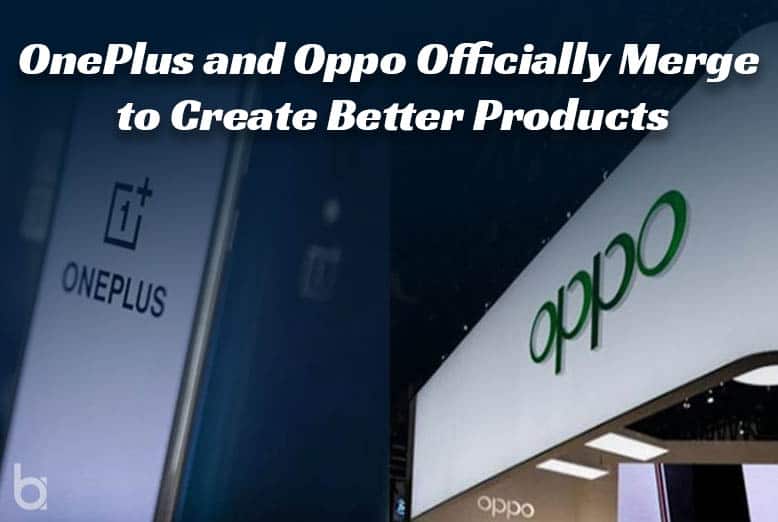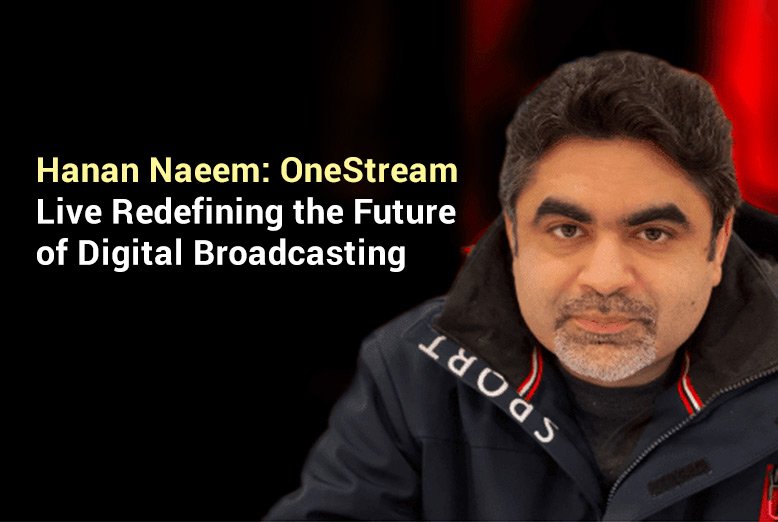Key Highlights:
- OnePlus announced that it has chosen to expand its collaboration with its sibling smartphone brand OPPO.
- The merger is aimed to create better products for the customers.
Expanding Collaboration
OnePlus has officially made its merger with OPPO public after working closely with the Chinese firm for a long time. OnePlus’s co-founder and CEO Pete Lau stated in a forum post that the company chose to “further integrate” its organization with Oppo “after seeing positive impact” from the existing partnership. According to the CEO, OnePlus and Oppo would continue to function freely as different brands. The latest statement comes only days after OnePlus released the OnePlus Nord CE as its new affordable smartphone in India and other regions.
Both OnePlus and Oppo are owned by the Guangdong-based conglomerate BBK Electronics, which also controls the Vivo and Realme brands. As a result, since their beginning, all of these businesses have shared resources internally. OnePlus was co-founded by Lau and his colleague Carl Pei, who both worked for Oppo before launching the new brand in December 2013. However, the new strategy looks to effectively expose OnePlus and Oppo’s partnership on product development and channel more of their own resources.
Building Better Products
OnePlus will be able to achieve economies of scale and perhaps be better positioned to develop in the smartphone plus IoT connected living era by tapping into and using OPPO’s R&D skills.
The deal would undoubtedly benefit OnePlus in terms of faster OS upgrades, among other benefits from using Oppo’s R&D, and it is possible that this could also integrate the mid-tier sector of both companies. Nord and Reno series are available from Oneplus and Oppo, respectively.
According to a Counterpoint Research analysis, OnePlus’ total smartphone shipments in India increased 200 percent year on year in Q4, 2020, and 300 percent in Q1, 2021. With the merger, OnePlus will provide more innovative gadgets to Indian consumers this year as part of its IoT plan. The business also intends to manufacture its Internet of Things (IoT) goods in India, increasing the overall proportion of items manufactured in India.
Also Read:- 5 Best Fast Charging Phones in 2021













